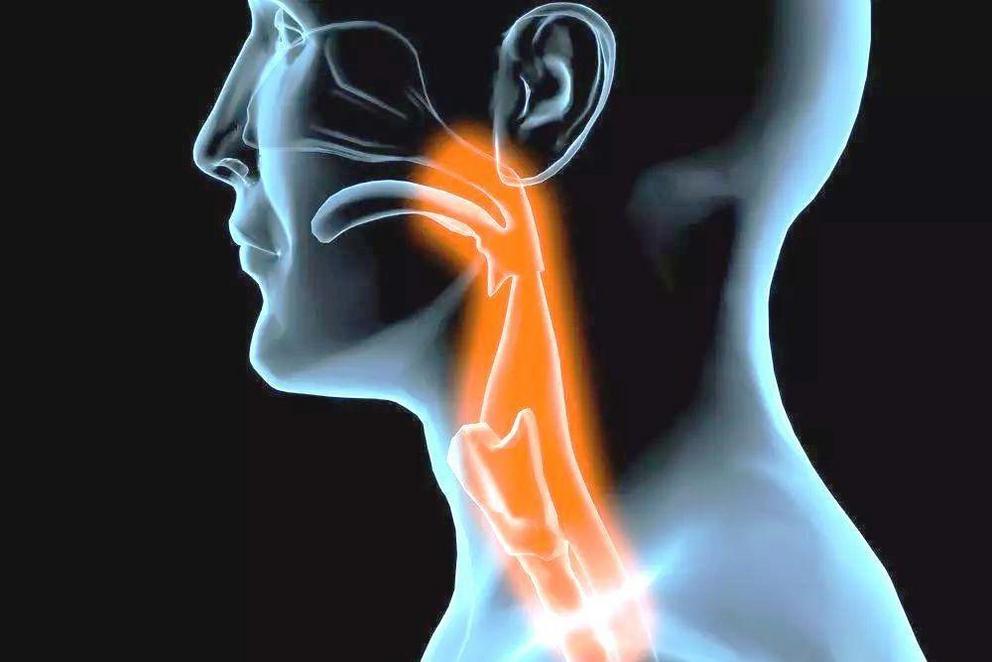Introduction to dysphagia: a throat and esophageal disorder with many underlying causes
Story at-a-glance -
- Aging is one of the top risk factors connected to dysphagia. As people grow older, their ability to swallow becomes harder due to wear and tear on the throat and esophageal muscles
- The onset of neurodegenerative diseases may also increase your risk of dysphagia
Swallowing is a complex biological action that comprises more than 31 muscles and five cranial nerves1 all working together to facilitate nutrition. Its two main goals are to push food from the mouth into the stomach and to protect airways from foreign objects.2
The Process Model of Feeding was created to help people understand how swallowing works whenever solid foods and liquids are consumed:3
- Stage 1 (Transport) — Once food enters the mouth, the tongue carries it to the post-canine region to the back of the mouth to begin chewing.
- Food processing — In this stage, the food is softened by saliva for chewing until it reaches an optimal state for swallowing. When drinking liquids, the posterior oral cavity is sealed by the tongue-palate contact to prevent leaking.
- Stage 2 (Transport) — Once food is ready to be swallowed, it is placed in the back of the tongue to be propelled into the esophagus.
- Pharyngeal stage — This process occurs within a second upon swallowing. The soft palate elevates and contacts the lateral and posterior walls of the pharynx to help prevent food from going into the respiratory pathways.
- Esophageal stage — Once past the throat, the chewed food (bolus) travels down into the esophagus and into the stomach for digestion.
When Your Swallowing Muscles Experience Problems, Dysphagia Occurs
Your throat and esophagus are prone to many diseases and when either of them is affected, you may experience dysphagia, a condition marked by difficulty swallowing.4 It can be caused by a multitude of factors and disorders, and may lead to complications such as dehydration, malnutrition, pneumonia or an airway obstruction.5 Aside being unable to swallow, other prominent symptoms of dysphagia include:6,7
- Gagging, choking or coughing while swallowing food
- Drooling or having difficulty controlling saliva in the mouth
- Unexpectedly losing weight
- Frequent heartburn
- The feeling that something is stuck in your throat or chest
- Regurgitation of food
- Hoarse voice
Risk Factors Associated With Dysphagia
Aging is the one of the top risk factors connected to dysphagia.8 As people grow older, their ability to swallow becomes harder due to wear and tear on the throat and esophageal muscles. Elderly citizens also have a higher risk of developing diseases that can cause dysphagia, such as esophageal cancer, stroke, multiple sclerosis and Parkinson’s disease.9,10
The onset of neurodegenerative diseases may also increase your risk of dysphagia.11 Stroke, for example, can cause paralysis that can affect any part of your body, including your throat, although it becomes minimal as time passes.12 In addition, those who suffer from cervical spinal cord injury13 and Duchenne muscular dystrophy (DMD),14 a genetic disorder, may experience dysphagia as a side effect.15
Learn How to Manage and Avoid Dysphagia in This Guide
While the complications of dysphagia are very alarming, the disease is fortunately treatable via a variety of approaches. Consuming a healthy diet, getting regular exercise and avoiding unhealthy vices can all help mitigate the risk factors associated with the underlying causes of dysphagia. In the following pages, discover which methods work best and the best practices you can implement to safeguard your health.
For the rest of this article please go to source link below.
For full references please use source link below.

